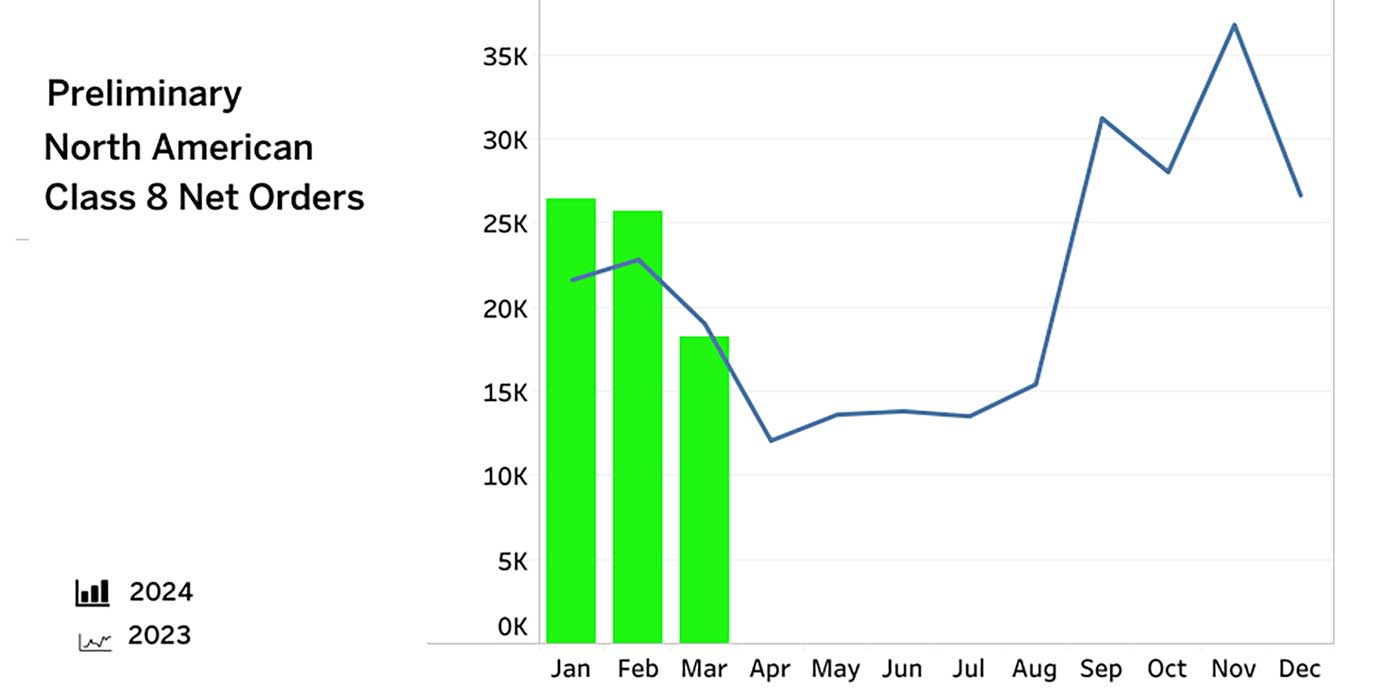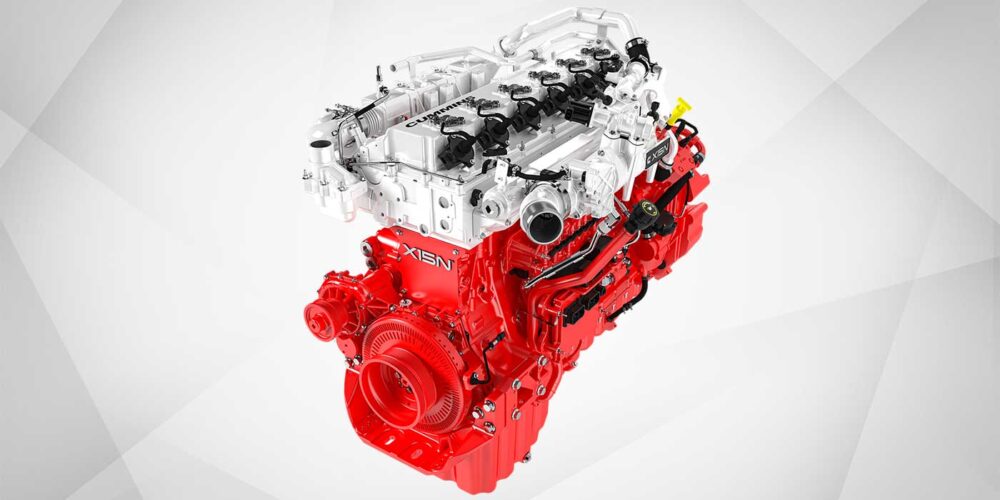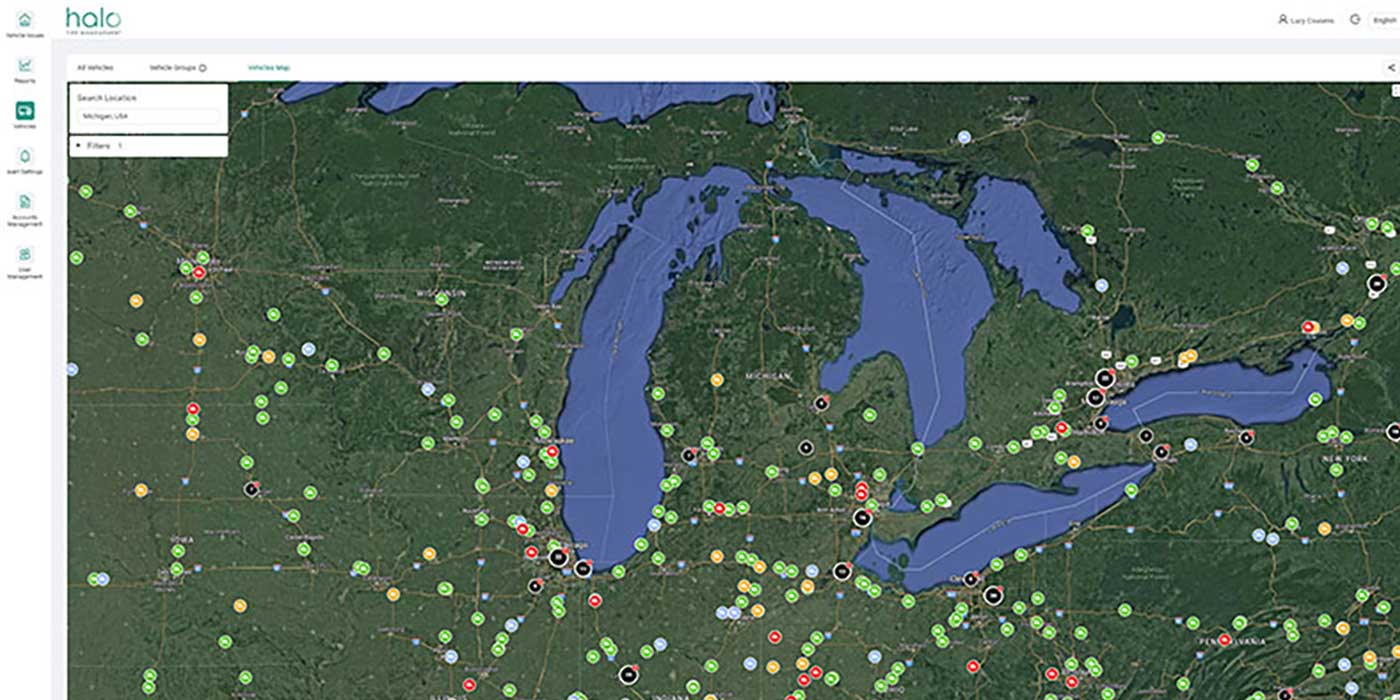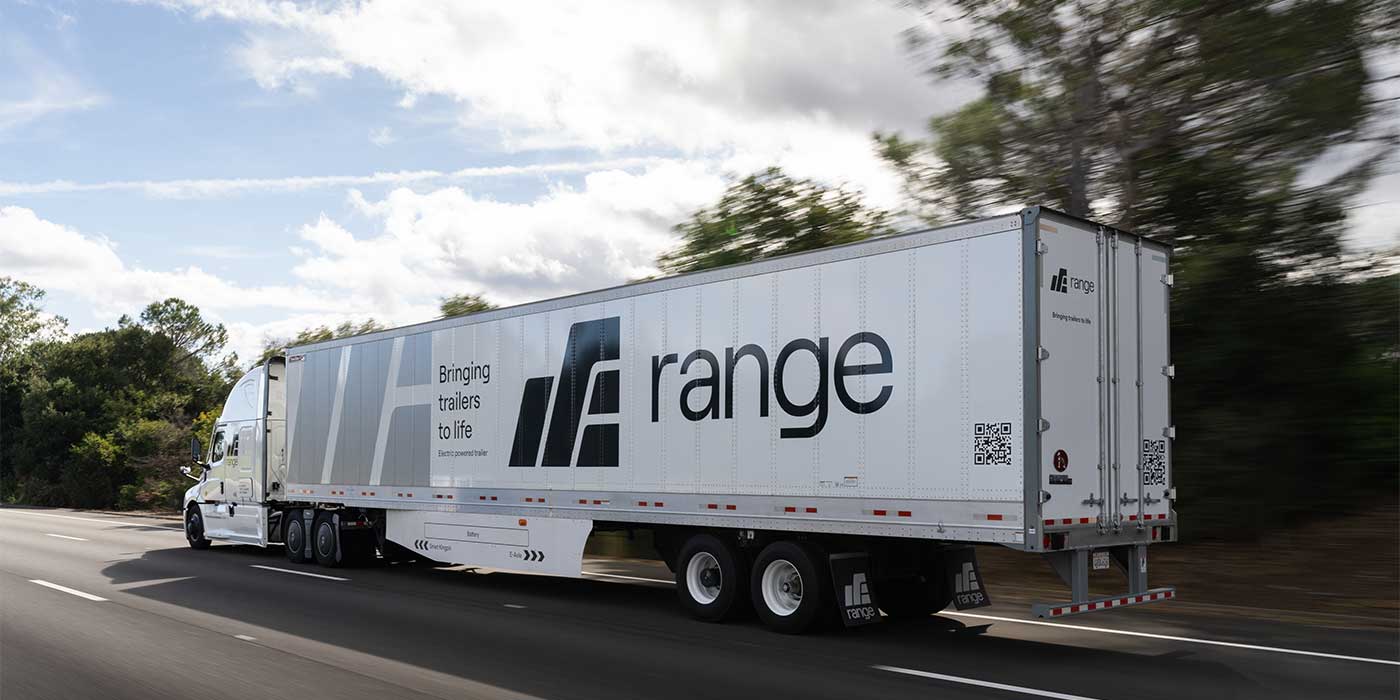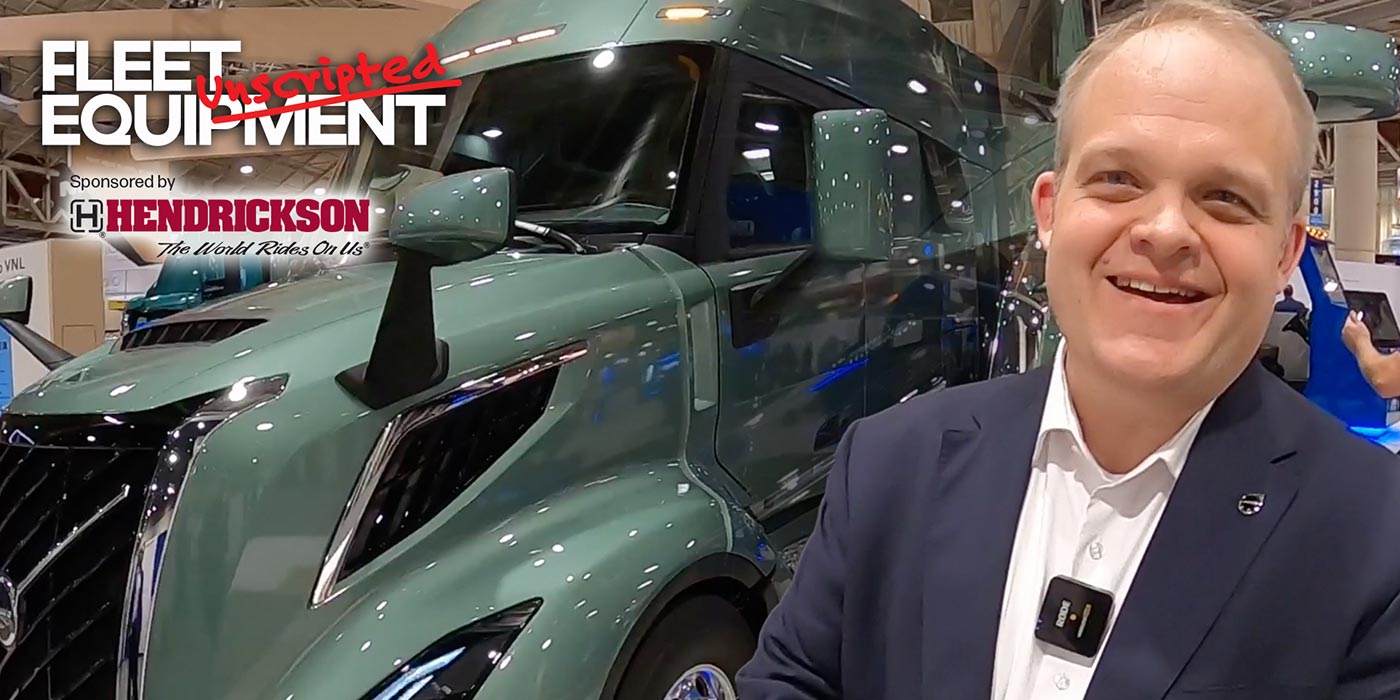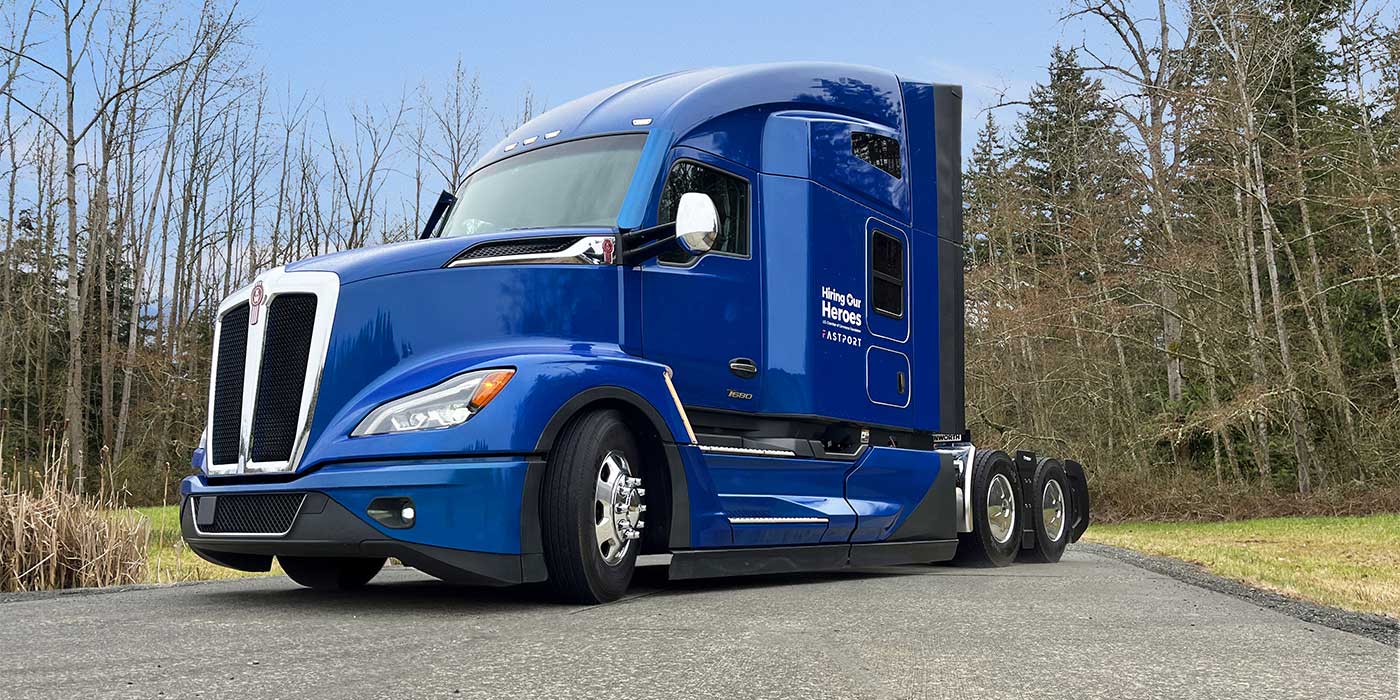Recently, Volvo Trucks North America held a press conference in Winston-Salem, N.C., to demonstrate its new VNR regional haul tractors and to talk about product advancements—loading efficiencies, passive and active safety systems and integrated connectivity— the market and its strategies.
North American launch
The VNR regional haul line was initially launched in April at ExpoCam in Montreal, Quebec, and has been enthusiastically received by the company’s customers.
“Our order intake, especially for the VNR 640, has exceeded our expectations, and we look forward to delivering the truck that meets all of the unique demands of the regional haul market,” says Magnus Koeck, Volvo’s vice president of marketing and brand management. “We are very pleased with the positive customer response we’ve seen since we launched the Volvo VNR.”
 Click here to watch our video on the unveiling of the Volvo VNR.
Click here to watch our video on the unveiling of the Volvo VNR.
Market share and trends
Koeck outlined current market trends, pointing out that the U.S. currently has a strong labor market and consumer spending is driving GDP growth; however, he noted that moderate growth in manufacturing is expected in 2017. Construction spending will be strong, the highest since 2007. Add to that the fact that diesel prices are low and that the U.S. Department of Energy anticipates a 2.2% annual increase until 2040, and it can be projected that the North America Class 8 market will reach north of 215,000.
According to Koeck, the long haul sector will be declining because of weak freight demand, rates and remaining truck inventory. The regional haul sector will not fare much better—Koeck says it is expected to remain flat in the U.S. because of continued freight regionalization and the driver shortage.
On the upside, it is anticipated that there will be continued growth in construction and cheap diesel fuel prices due to the delay in the growth of the natural gas market. Koeck also hinted at how the expansion of the Panama Canal, which according to the original canal expansion proposal aimed to increase the canal’s capacity, may impact truck sales and trends.
“It will mean that container ships from China, instead of going to port in Long Beach and going across the country, can go to the east coast ports starting with Texas and up through Florida, Charleston, S.C., Savannah, Ga., Norfolk, Va., and all the way up,” he says. “If that happens, that will change the transport patterns in the U.S. It may impact driving distances and sleeper length demands. We haven’t seen the full effect yet, but we’re continuing to monitor those potential changes.”
Model configuration
Volvo’s VNR model, available in the VNR 300 day cab, VNR 400 flat-roof sleeper and VNR 640 mid-roof sleeper, is ideal for urban areas, pickup and delivery, liquid tankers, dry bulk, flatbed and other regional haul applications, according to Volvo. The new VNR model features a new aerodynamic design, work environment, improved engine and transmission options and gearing. Like all of Volvo’s North American models, the new VNR was designed and developed at Volvo Trucks’ North American technology center in Greensboro.
The VNR will be produced at Volvo’s New River Valley assembly plant in Dublin, Va., and the Volvo engines and transmissions powering the VNR will be produced at Volvo’s powertrain manufacturing facility in Hagerstown, Md.




